The 40-minute film "Maudgalyayana Saves His Mother" is based on the story of Bodhisattva Maudgalyayana in Indian Buddhism and will be widely broadcast during this year's Vu Lan season.

On the occasion of Vu Lan season of filial piety in 2023 Gregorian calendar - 2567 Buddhist calendar, artist Tra My and her son, director Quan Trong Phuc, released the film "Muc Kien Lien saves his mother."
In the near future, the film will be shown for free on television and mass media.
The story of the Venerable Maudgalyayana saving his mother is the origin of the annual Vu Lan festival of filial piety. The film script was conceived by artist Tra My (who is also the producer) for 5 months based on inspiration from many years of performing this story on stage.
“For me, Vu Lan is not only the season to show filial piety to my parents, but every day is the same. For many years, my family and colleagues have gone to the temple together during Vu Lan to perform singing and acting. I felt that the play Muc Kien Lien saves his mother really had a great effect on the law of cause and effect and filial piety, so I decided to turn the play into a film,” said producer Tra My.
With a length of 40 minutes, the film recreates the story with many artistic intentions. The actors are familiar faces from the North such as People's Artist Tien Dat (as Buddha), Colonel-People's Artist Nguyen Hai, Meritorious Artist Chi Trung, artist Tra My...
In the film, actor Viet Bac (who was once famous for his role as Xuan Toc Do) plays the main role - the filial son Muc Kien Lien. He shaved all his hair to make it easier to play the role.

Based on a Buddhist story, the film received professional advice from Most Venerable Thich Duc Nguyen - Head of the Buddhist Sangha of Hoa Binh province, Most Venerable Thich Truong Xuan - Abbot of Lien Tri Pagoda (Quoc Oai, Hanoi ) and Most Venerable Thich Giac Giao - Deputy Chief of Office of the Standing Committee of the Central Executive Committee of the Vietnam Buddhist Sangha.
In the film, Venerable Thich Truong Xuan and Venerable Thich Giac Giao also appear in two supporting roles.
Admiring the dedication of the producer and director as well as the film's content being an important story in Buddhism, Venerable Thich Duc Nguyen agreed to support the project.
Director Quan Trong Phuc (left cover) with three advisors: Venerable Thich Giac Giao, Venerable Thich Truong Xuan, Venerable Thich Duc Nguyen and the cast and film producer. (Photo: Minh Anh/Vietnam+)
Venerable Thich Duc Nguyen said that Buddhism has accompanied the Vietnamese people for more than 2000 years; Buddhist culture is a part of national culture, an inseparable institution. Therefore, Buddhist stories should be of interest to many art forms and artists, who should create more works.
“In addition to the film about Maudgalyayana, other stories about Buddhism, patriarchs, national teachers who have contributed to the country… should also be exploited. The Vietnam Buddhist Sangha has had directions for cultural development and research to bring Buddhist culture and national culture to even higher levels,” said Venerable Thich Duc Nguyen./.
The story of Maudgalyayana originates from Indian Buddhism, set between 568-484 BC. Maudgalyayana was a real monk who lived during the time of Buddha Shakyamuni. According to Buddhist records, Maudgalyayana's mother, Thanh De, committed many sins while she was alive and disrespected the Three Jewels, so she was sent to hell. Loving his mother, Maudgalyayana practiced and attained six supernatural powers, and went to hell to save his mother. Mrs. Thanh De had great karma, so it was difficult for her to be forgiven. Muc Kien Lien listened to Buddha and performed a ceremony to “resolve the mystery” on the 15th day of the 7th lunar month. From then on, his mother was saved. The custom of worshiping on the 15th day of the 7th lunar month has also become a Vietnamese custom to show gratitude to parents for giving birth and raising them. |
According to https://www.vietnamplus.vn/ra-mat-phim-ve-tich-truyen-muc-kien-lien-nhan-mua-vu-lan-bao-hieu/889046.vnp
Source


![[Photo] Hungarian President begins official visit to Vietnam](https://vphoto.vietnam.vn/thumb/1200x675/vietnam/resource/IMAGE/2025/5/27/ab75a654c6934572a4f1a566ac63ce82)


![[Photo] Vice President Vo Thi Anh Xuan, French President Emmanuel Macron and his wife visit Hanoi University of Science and Technology](https://vphoto.vietnam.vn/thumb/1200x675/vietnam/resource/IMAGE/2025/5/27/267b6f2bdf3e46439f081b49f6ec26b1)


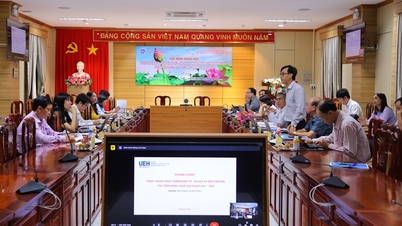
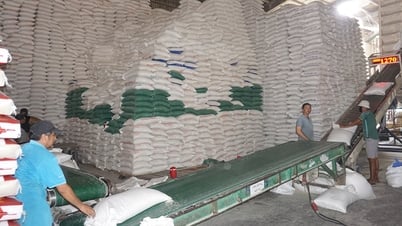

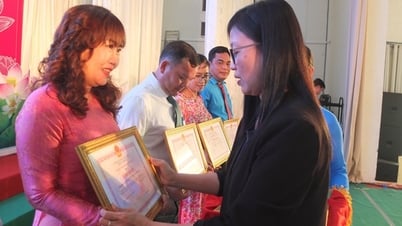

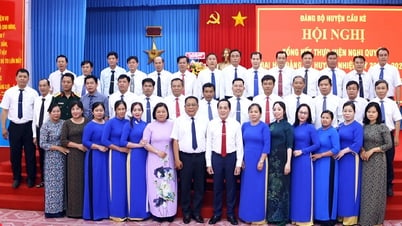







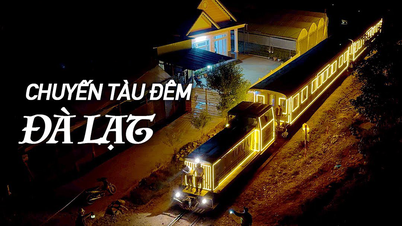

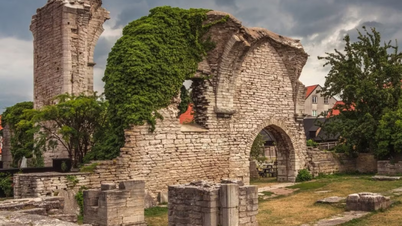


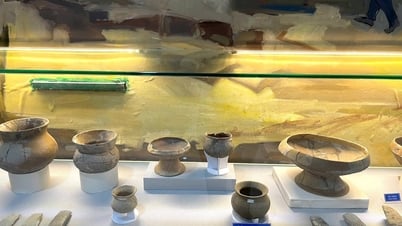

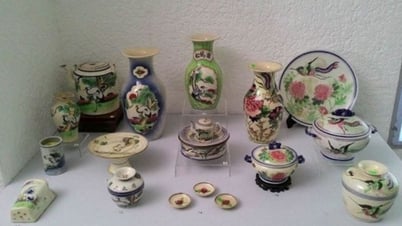

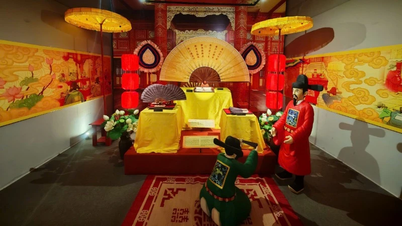

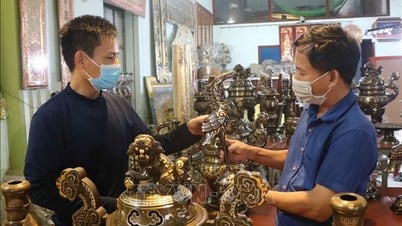
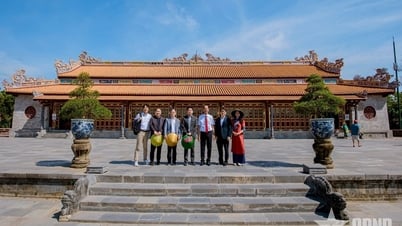



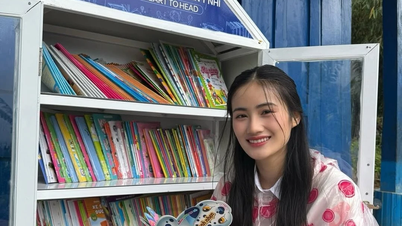

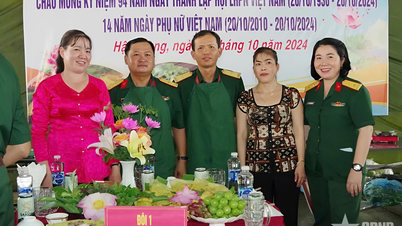
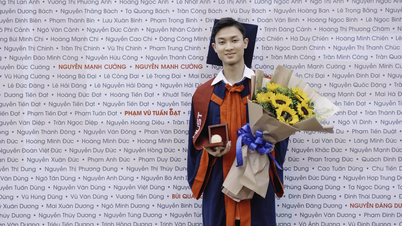





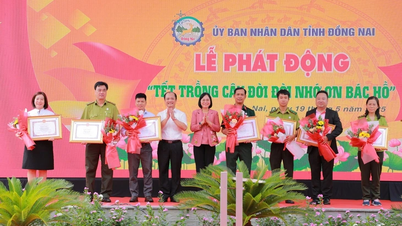






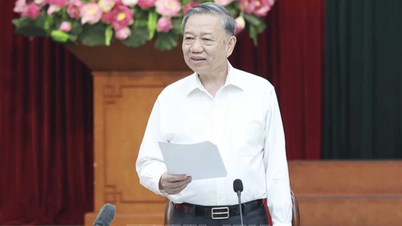
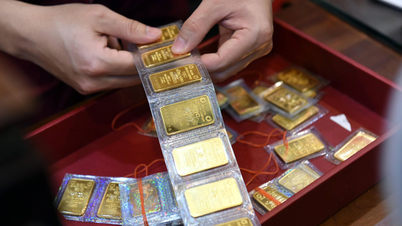
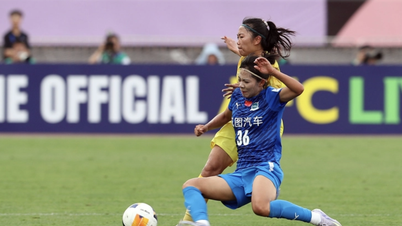
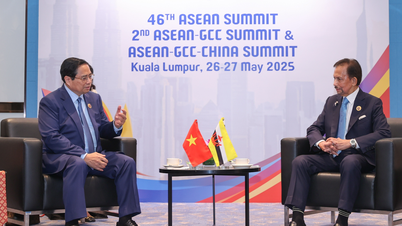











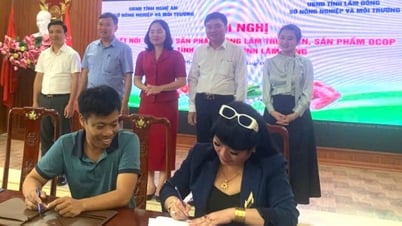

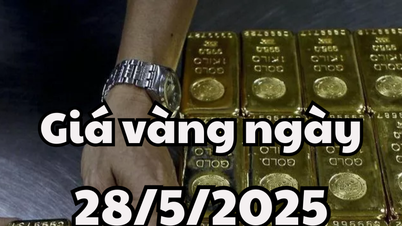

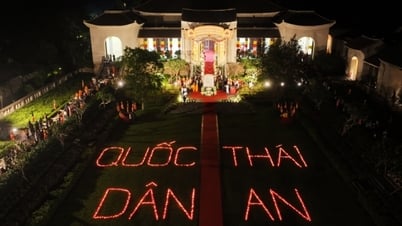

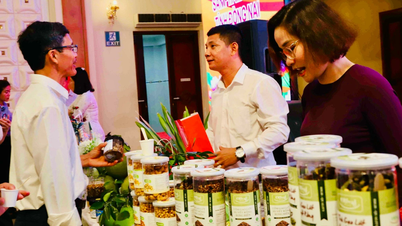







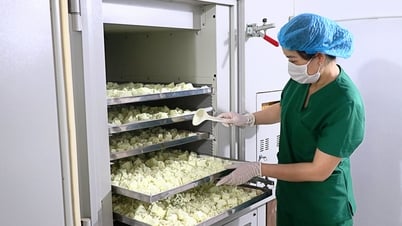

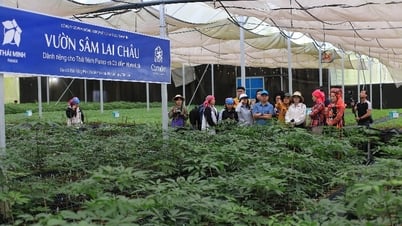

Comment (0)